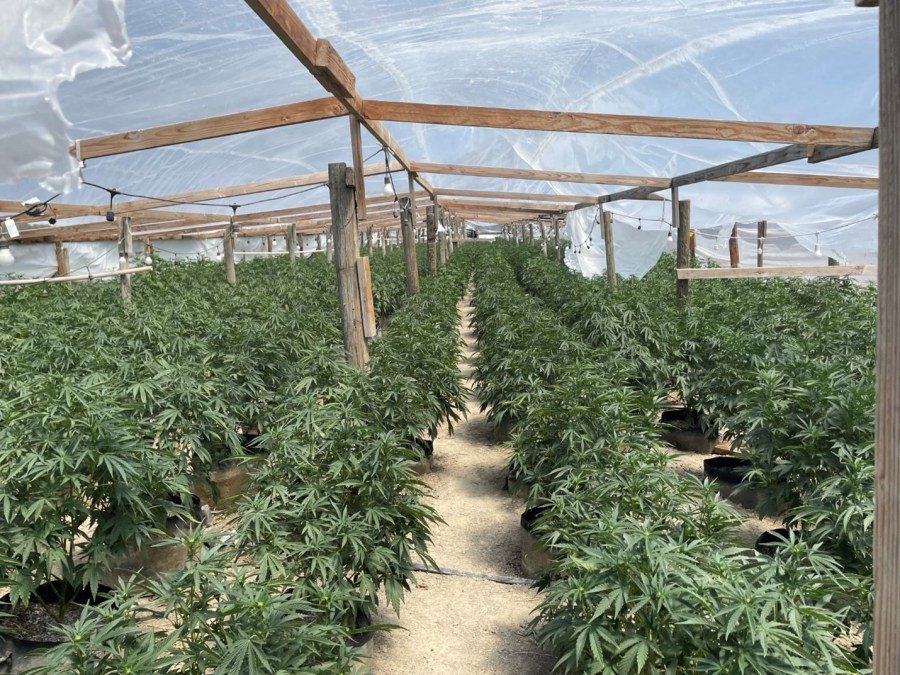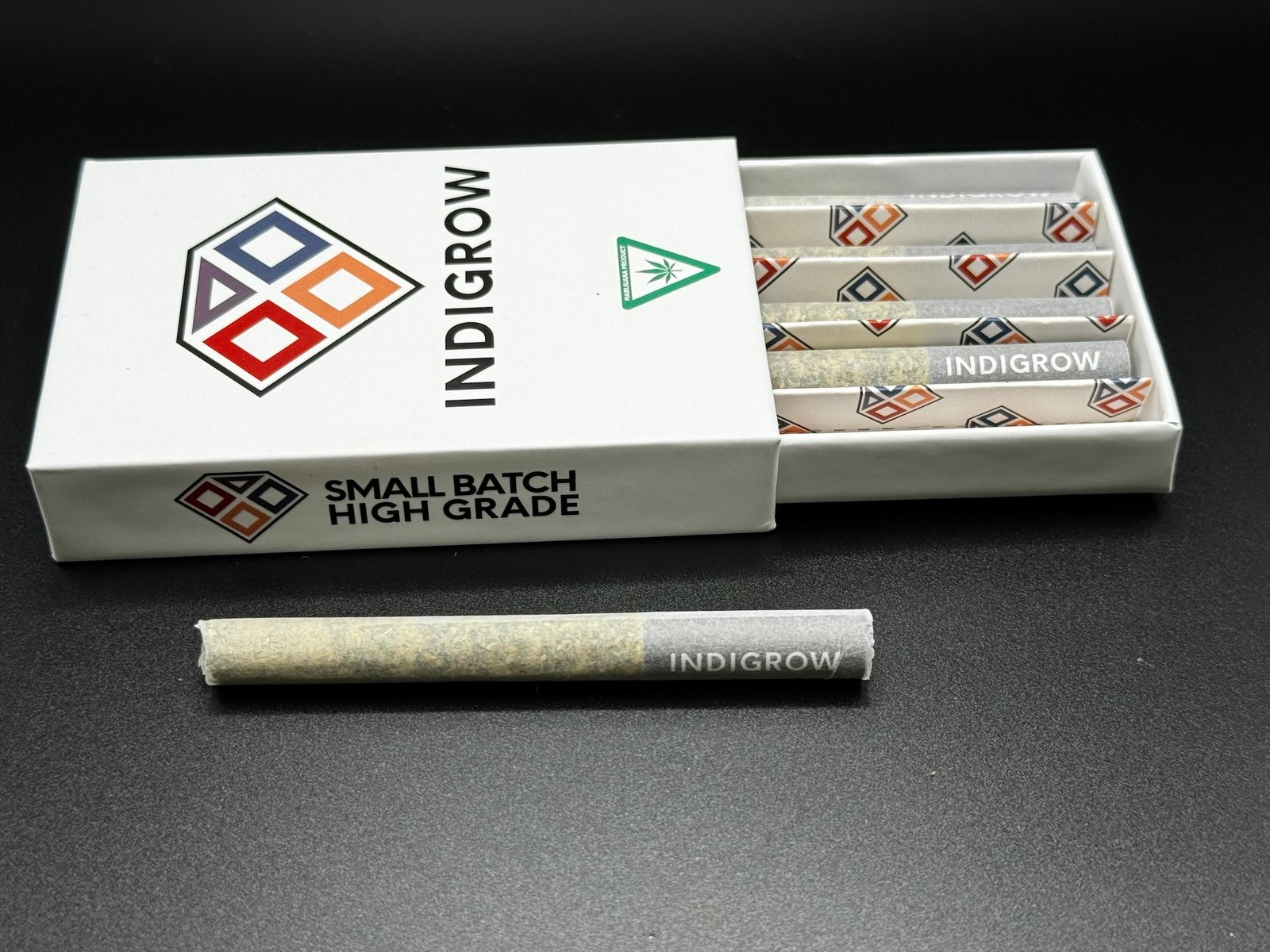The Texas House recently advanced House Bill 46, which aims to broaden the eligibility criteria for the state’s medical marijuana program. This bill, introduced by Representative Ken King, R-Canadian, proposes to include chronic pain and Crohn’s disease among the qualifying health conditions for medical cannabis use. Additionally, it would permit the sale of smokable cannabis products, such as vapes and rolls, under prescription.
The House approved the bill with a vote of 118 to 16, with a final approval pending before the Senate review. If enacted, the legislation would significantly increase the number of conditions eligible for medical cannabis, also adding traumatic brain injury and degenerative disc disease to the list.
One of the key changes under House Bill 46 is the allowance for licensed medical cannabis dispensers to open additional satellite locations. Currently, dispensaries are primarily located in Central Texas, creating accessibility issues for patients in rural areas. King emphasized the need for more locations, stating, “There are too many Texans who are still struggling to get access to the medicine they legally have a right to receive.”
Representative Penny Morales Shaw, D-Houston, echoed this sentiment, highlighting that many Texans resort to self-medication or endure unnecessary suffering due to limited access to medical cannabis. She noted that expanding the program could provide a safer alternative to opioids, addressing the ongoing opioid crisis.
The existing regulations in Texas require licensed medical cannabis providers to manage all aspects of production and distribution from a single facility. This has led to logistical challenges, including the need for daily transportation of products over long distances, often resulting in increased costs and product integrity issues. Terrence Baugh, marketing manager for goodblend, an Austin-based medical cannabis producer, stated that the current system can lead to inefficiencies and higher prices for patients.
House Bill 46 aims to resolve some of these issues by allowing dispensers to store their products at multiple sites, reducing transportation burdens. Moreover, the introduction of smokable products could enhance the appeal of the medical marijuana program, aligning it more closely with popular hemp products that are currently available without medical approval.
Dillan Dabelsutt, senior manager of cultivation at goodblend, explained that the main difference between hemp and medical cannabis lies in the timing of the harvest, with hemp typically harvested earlier. He pointed out that the current restrictions on smokable products have rendered the medical program less relevant in light of the unregulated hemp market.
The push for House Bill 46 comes amid ongoing legislative discussions regarding the future of Texas’s hemp industry. A separate bill, also authored by King, seeks to impose stricter regulations on consumable hemp products, a move that could lead to conflicts with Senate leadership advocating for a total ban on THC products.
King clarified that HB 46 would not affect the hemp industry, indicating that those discussions will occur separately. As Texas continues to evaluate its cannabis policies, the medical marijuana community remains hopeful that these legislative efforts will improve access and expand options for patients in need of relief.




